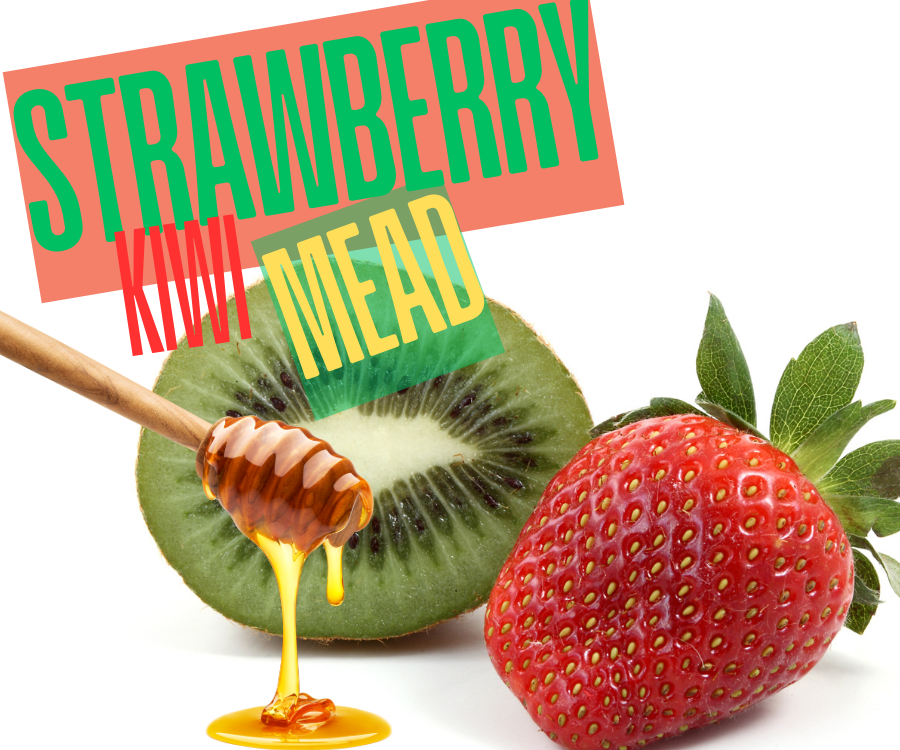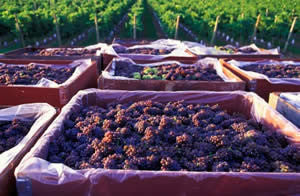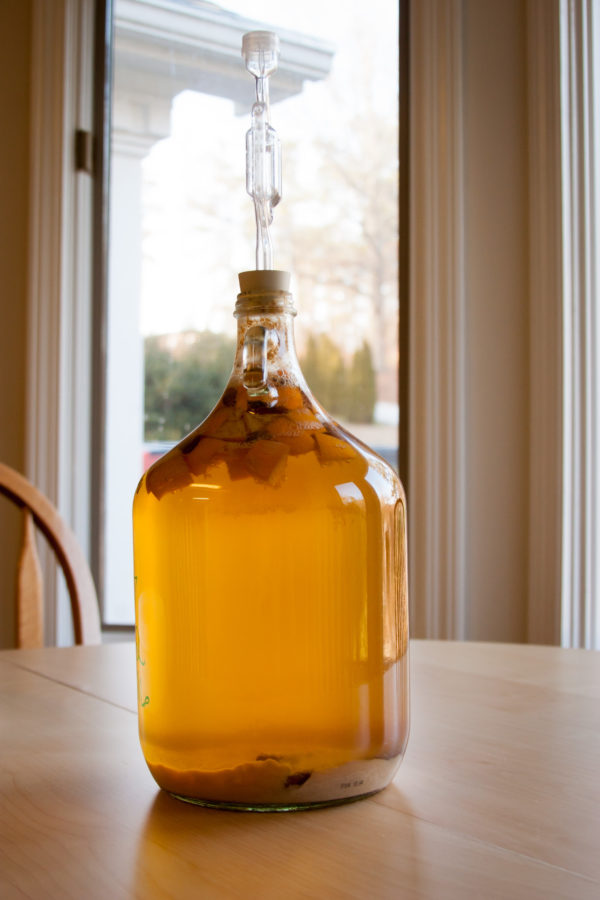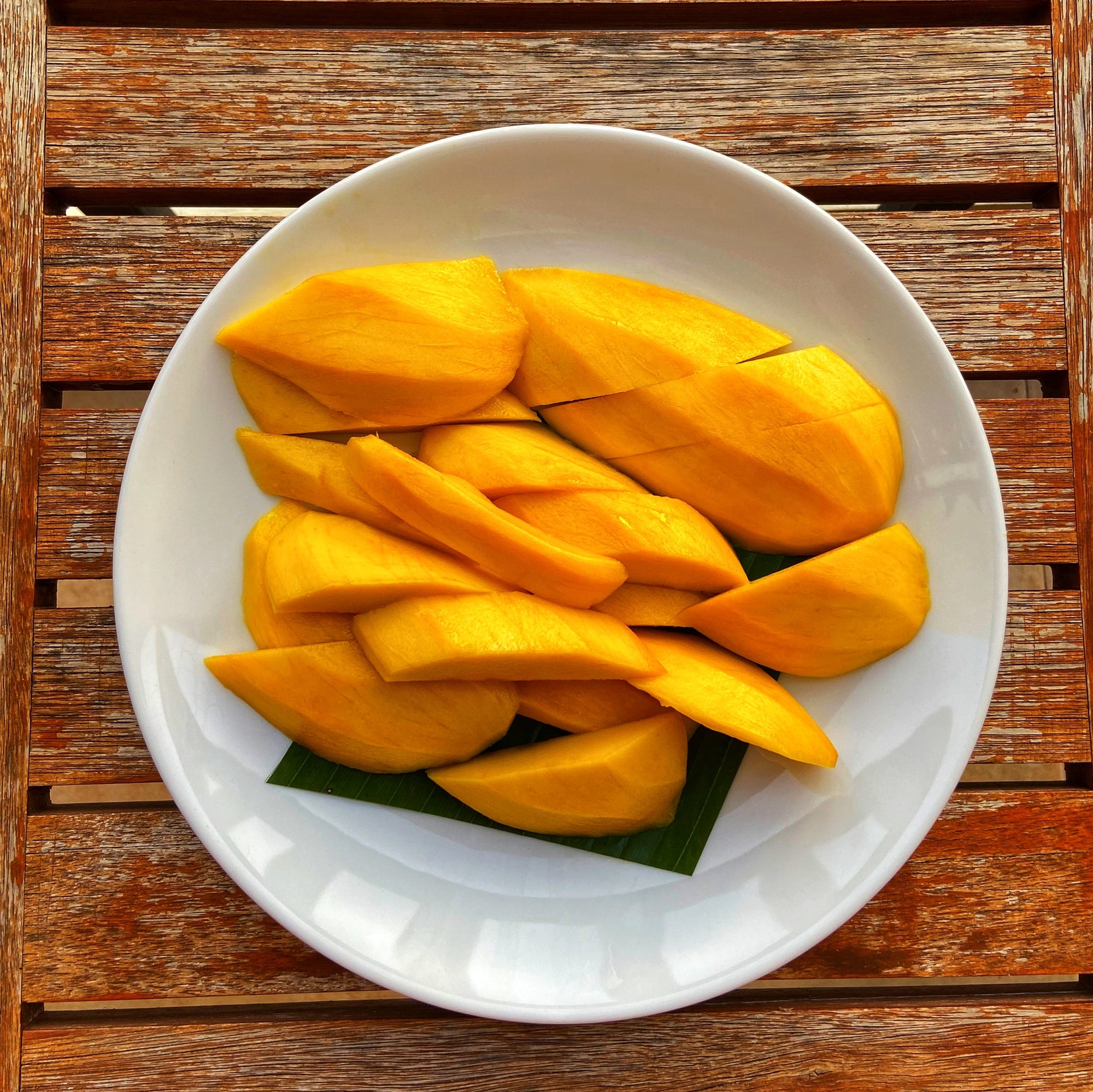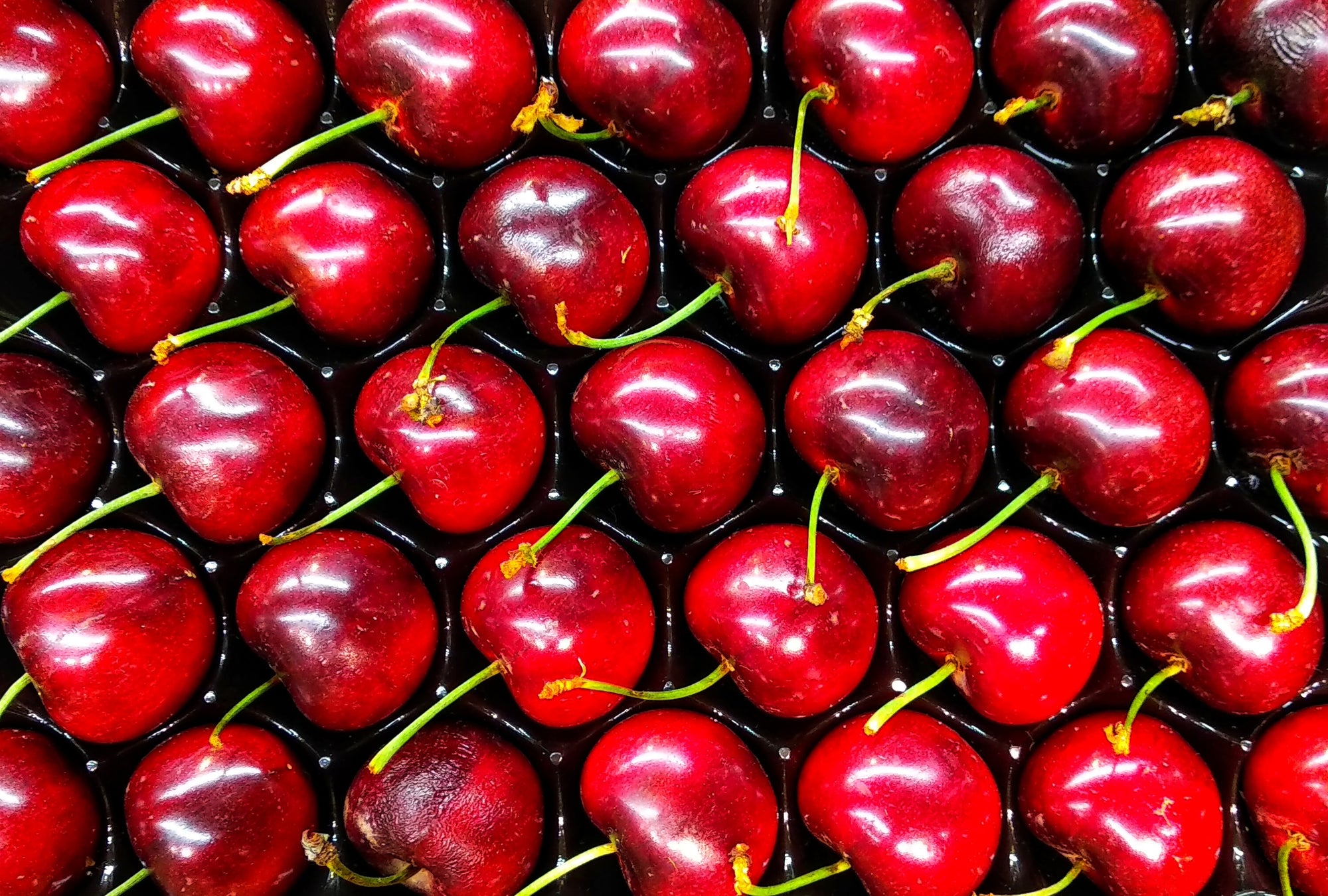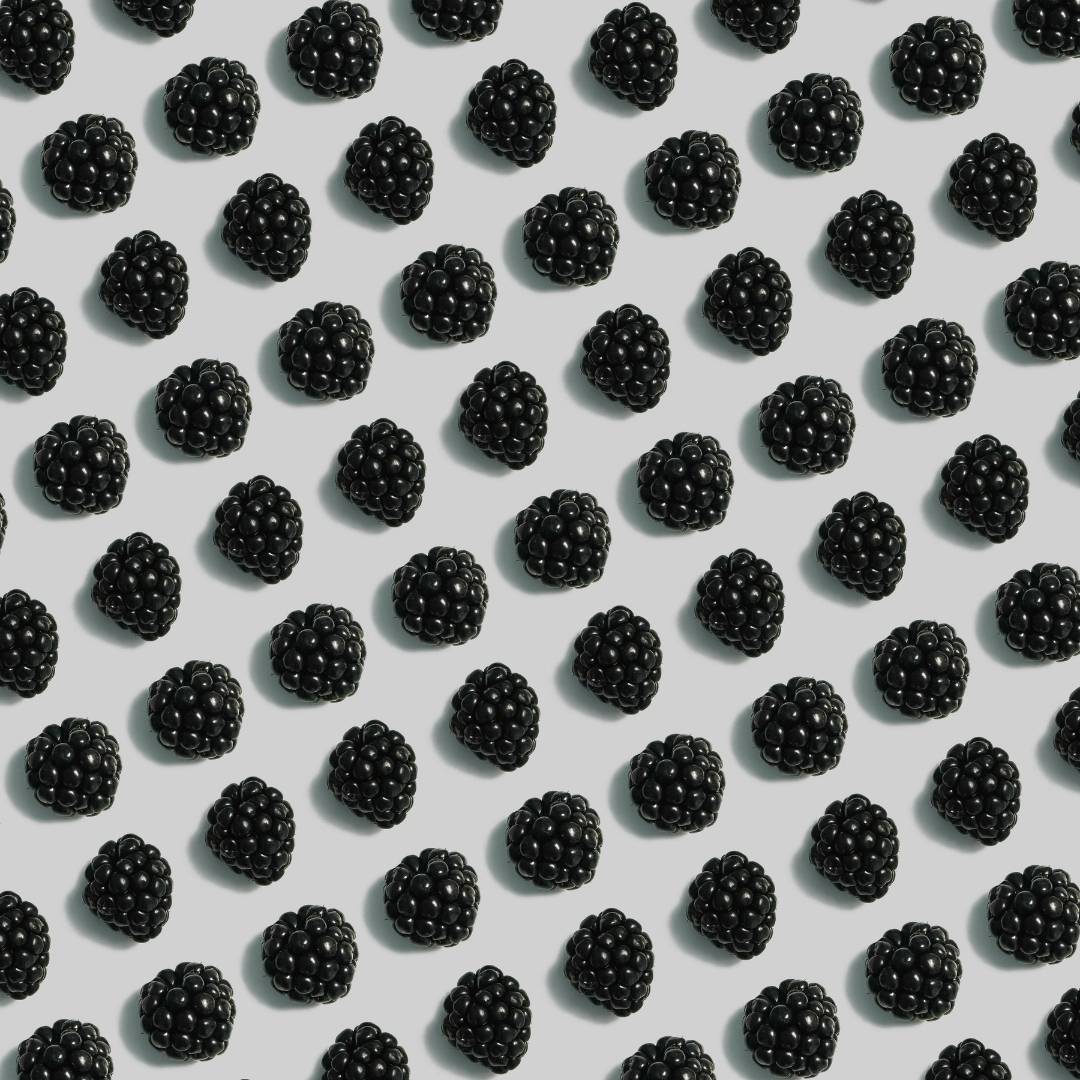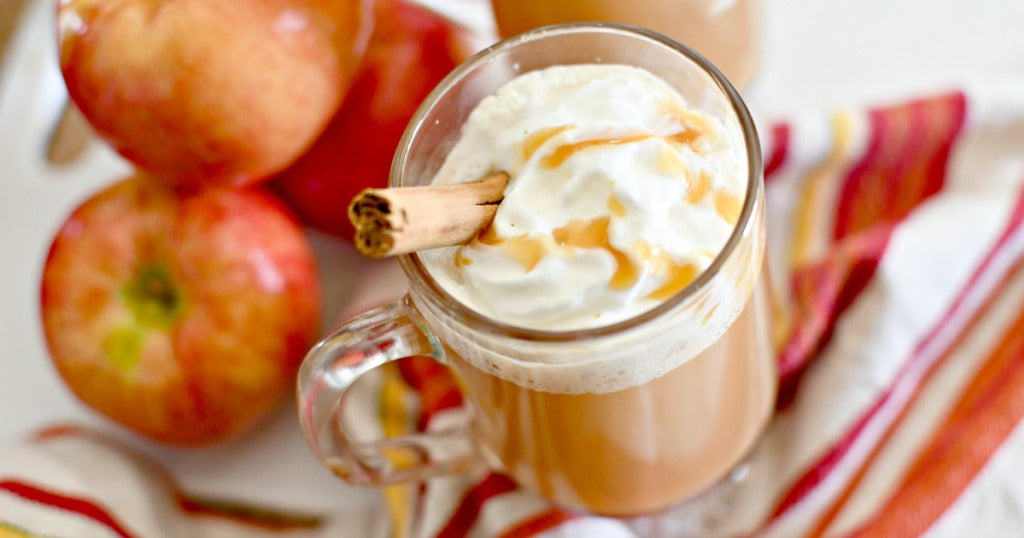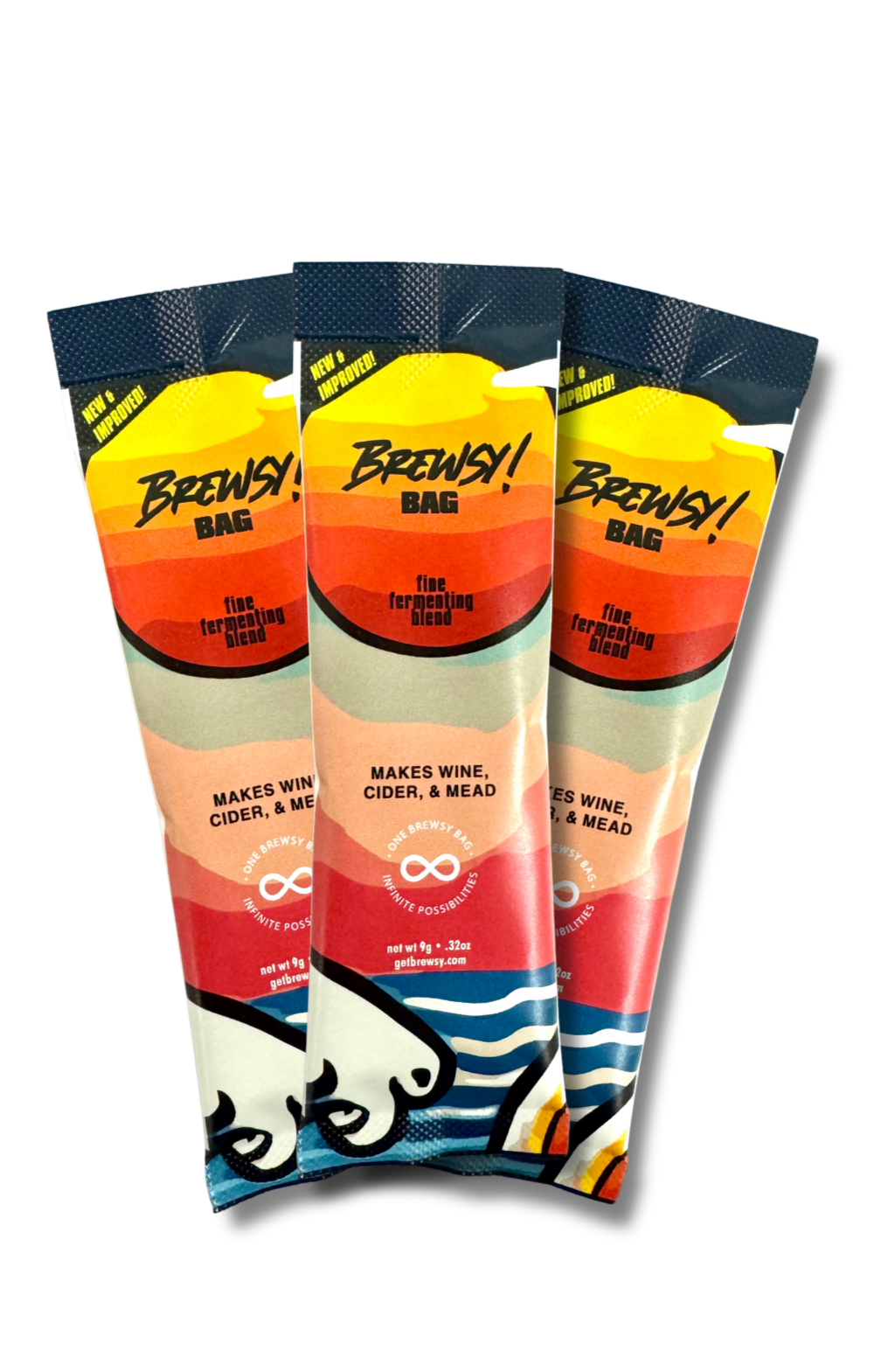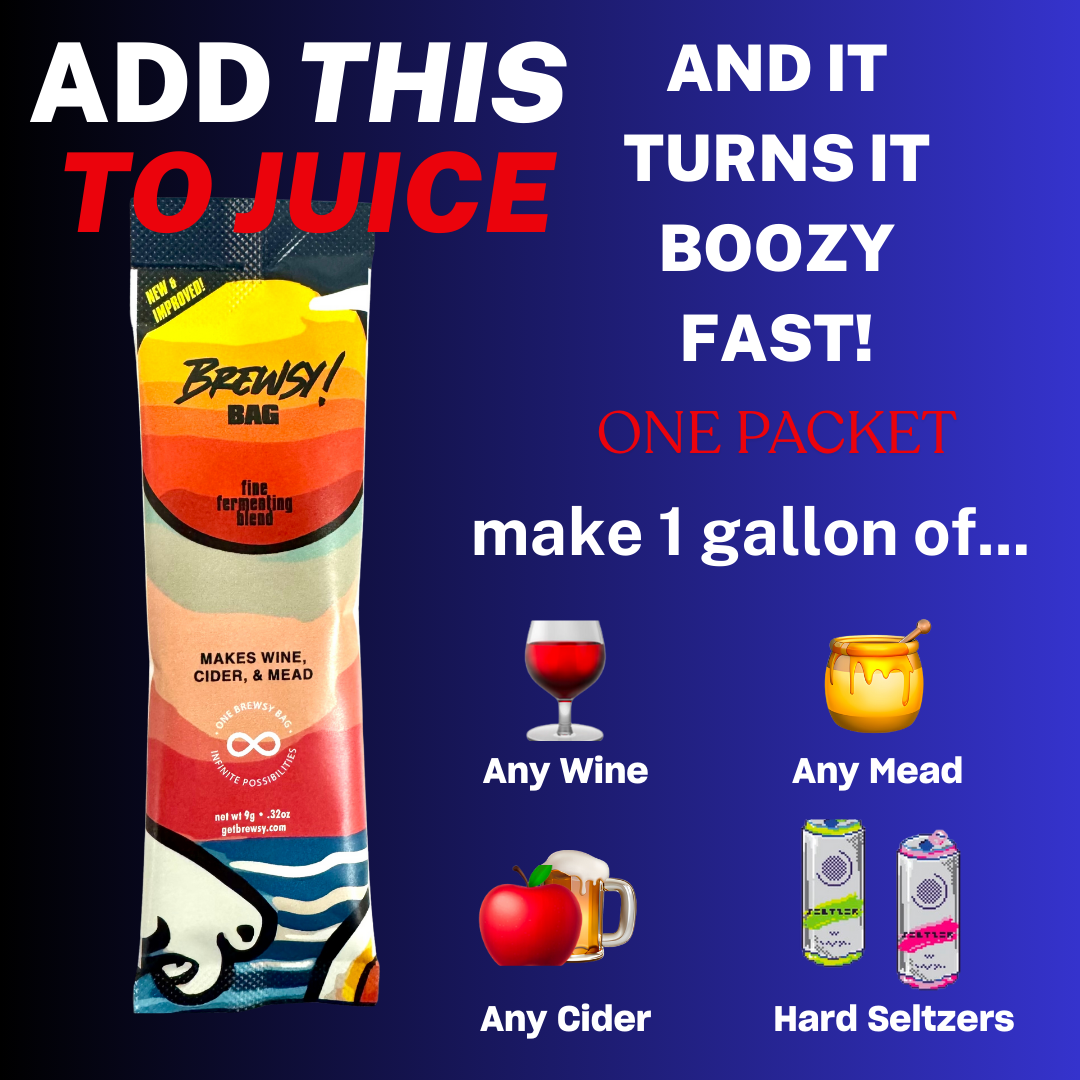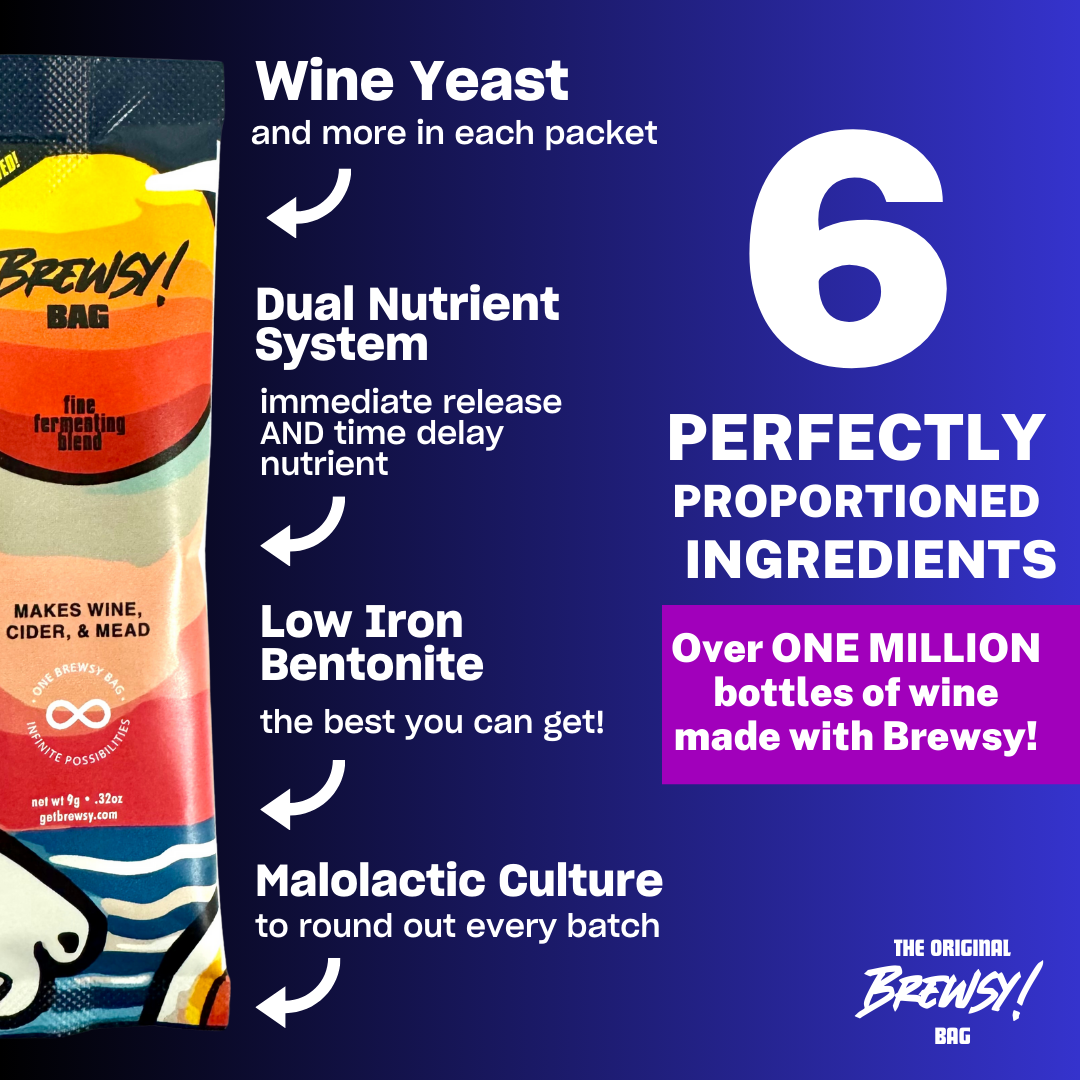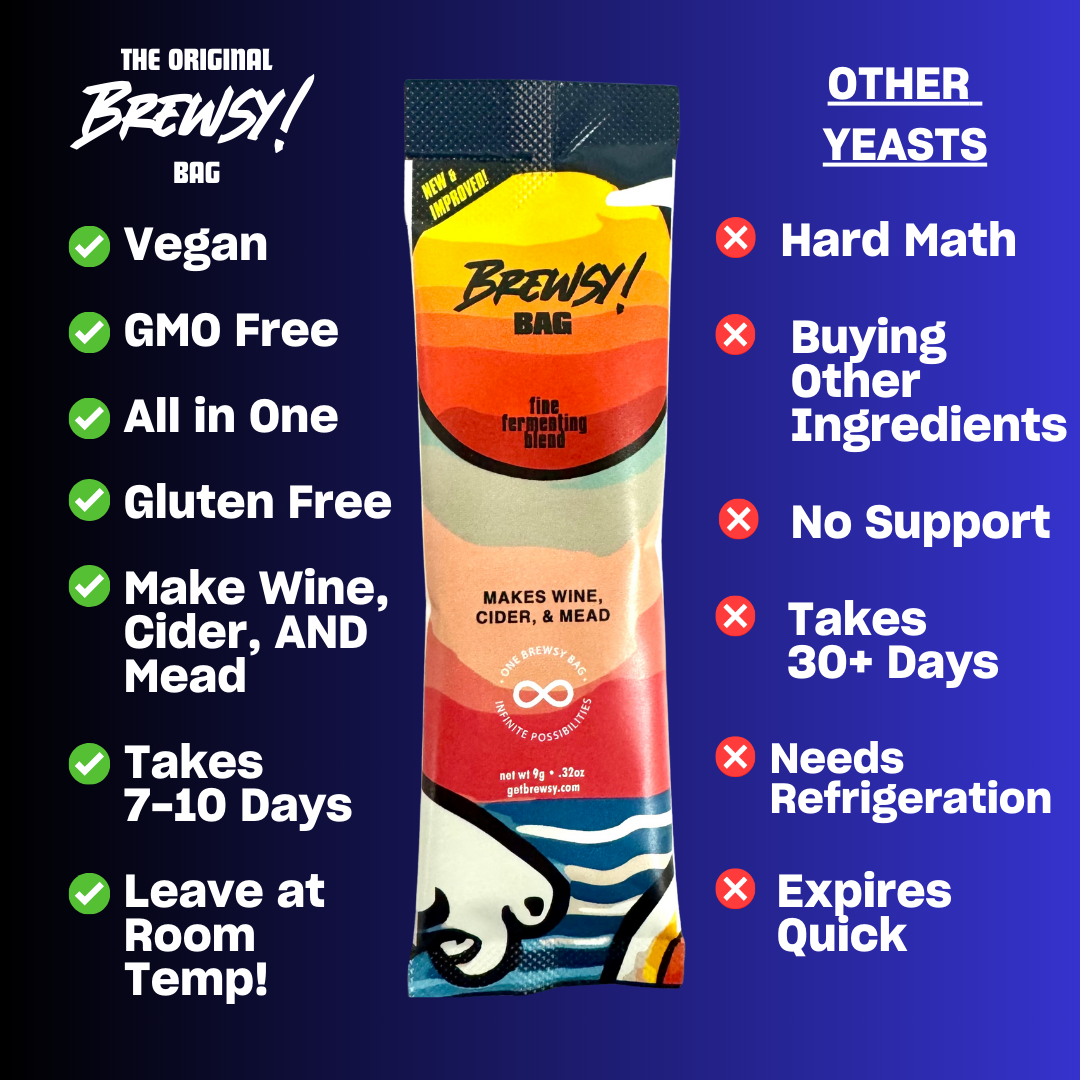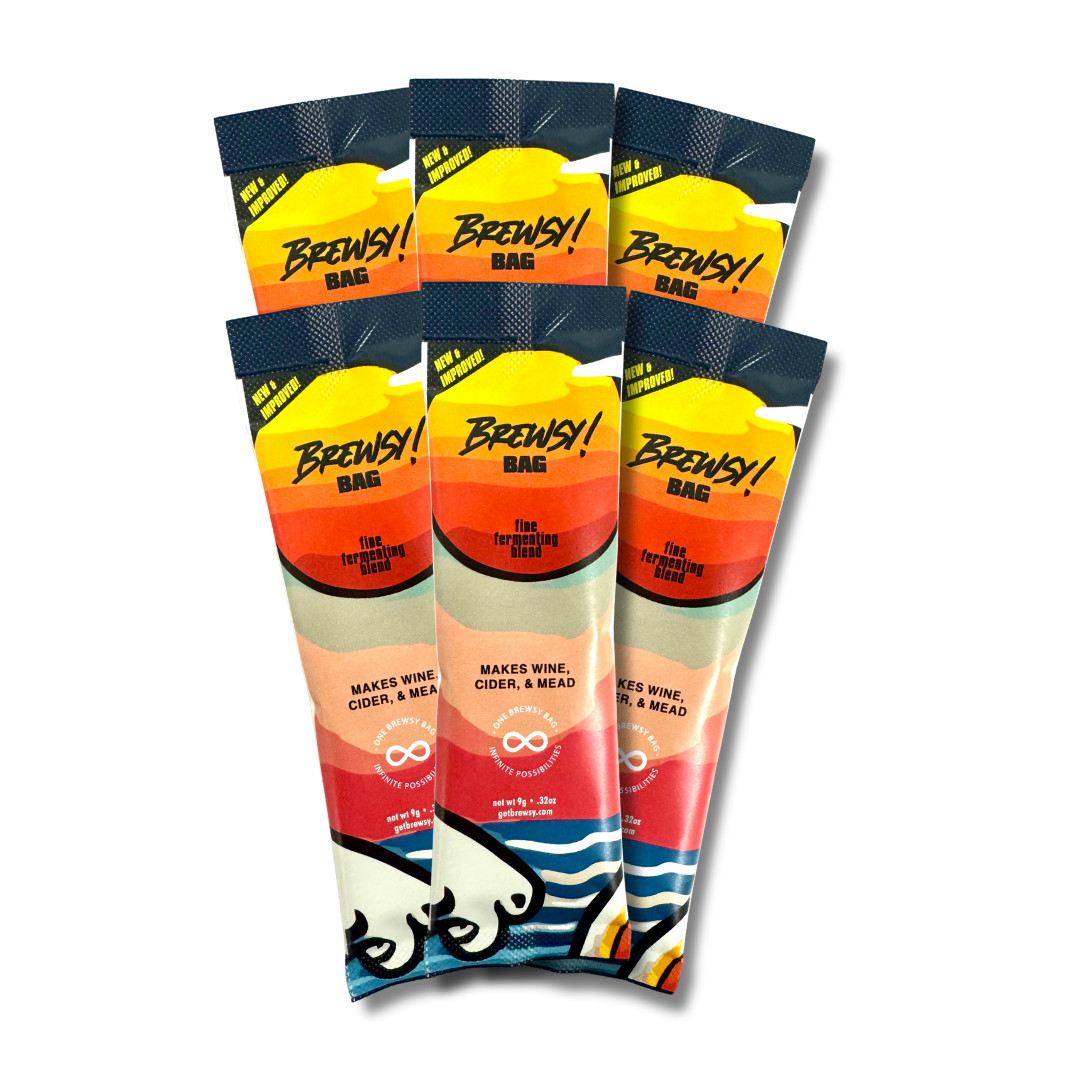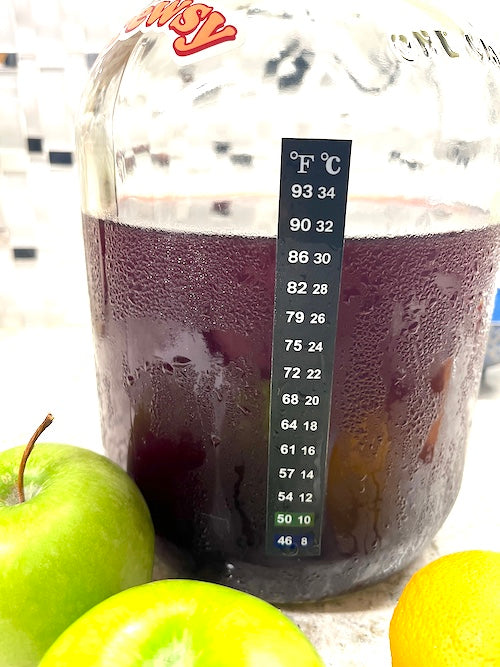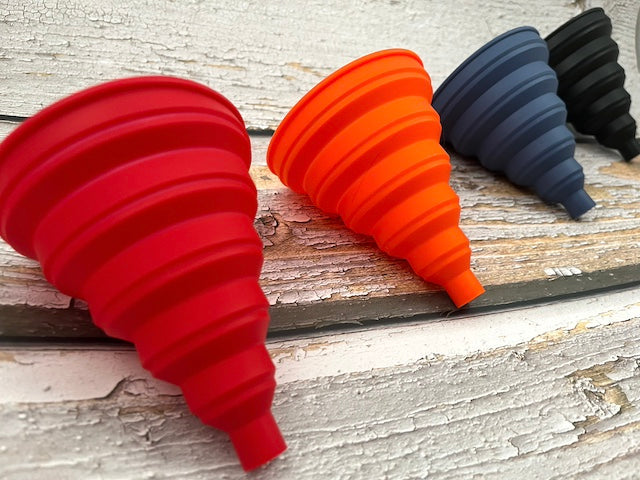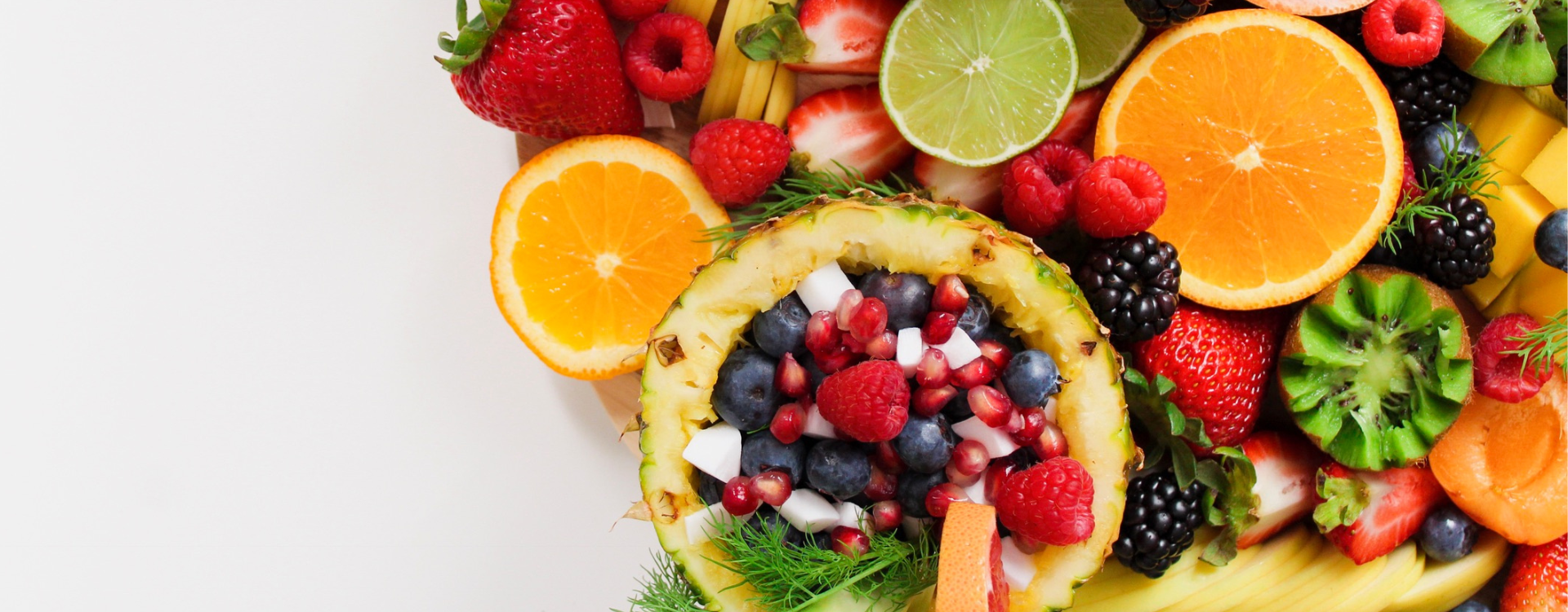
What's the Difference Between Apple Wine and Apple Cider?
What's the Difference Between Apple Wine and Apple Cider?
Bet one would think that 'apple wine' and 'hard apple cider' are interchangeable, but then one would be wrong. We will dive a little deep with the differences between the brews as well as the base forms of apples.
Let us start with the basic form of the apple liquid involved in the winemaking process: the difference between apple juice and apple cider as there is an occasional confusion as to what the difference is, if any. It is one of those "questions for the ages," as it were.
Apple cider is the purest form of liquified apple, that is unfiltered, fresh, and, more often than not, even unpasteurized apple juice, i.e.: apple juice in its raw form, pulp and sediment included. Whereas apple juice is made from apples and has undergone processes such filtration and pasteurization. The biggest tell-tale sign between the two is the clarity; cider tends to be very cloudy, whereas juice is almost 100% clear. There are differences between the two, though: apple juice tends to be sweeter and has a much longer shelf-life than apple cider.
Apple cider tends to be found more often during the autumnal season during harvest. The downside to apple cider, however, is that its shelf-life is only about ten days due to it being unprocessed.
Massachusetts is often referred to as the authority on everything apple, and they have a good explanation about the difference between apple cider and juice.
Now, onto the difference between hard apple cider and apple wine. The main difference? Alcohol content. Yup, that is it - alcohol content.
To qualify as a hard cider, the delicious apple brew may not have more than 8.5% alcohol by volume (ABV), whereas anything above 8.5% ABV is therefore considered apple wine. Not as complicated as imagined, is it?
Now, this does pose a question: does it matter if apple juice or cider is used to make a brew? And the answer is no, it does not matter. Whether apple cider is turned into hard cider or wine, it will almost always turn out clear due to cold-crashing which will cause the sediment, in which the apple sediment is included, to crash to the bottom of the fermentation vessel. From here, the brew will be racked leaving you with a clear alcoholic apple libation.
Unlike hard apple cider, however, apple wine may first turn out much harsher than the former, but, like most wines, it only gets better with age. The longer you let it age, whether in the fridge or at room temperature, the better it is going to be.
Speaking of hard ciders, we have an excellent recipe for it. We also have variations of ciders; from blackberry to ginger, and even an apple pie cider! Adding a slice of cheddar cheese to that one, though, is not recommended.
If you are also feeling adventurous, we have a cyser recipe which is mead that uses apple juice instead of water.

